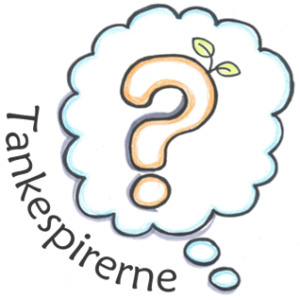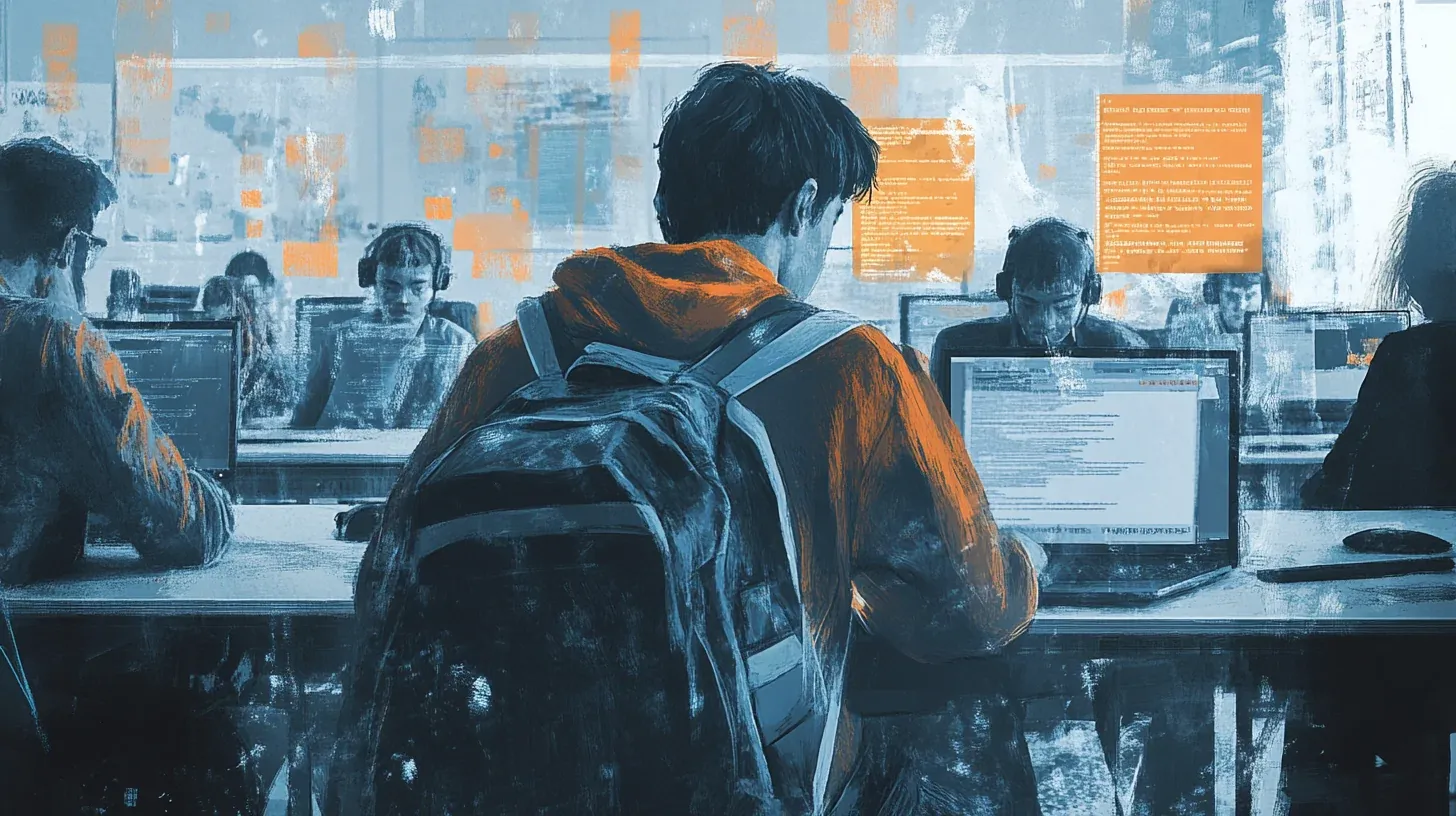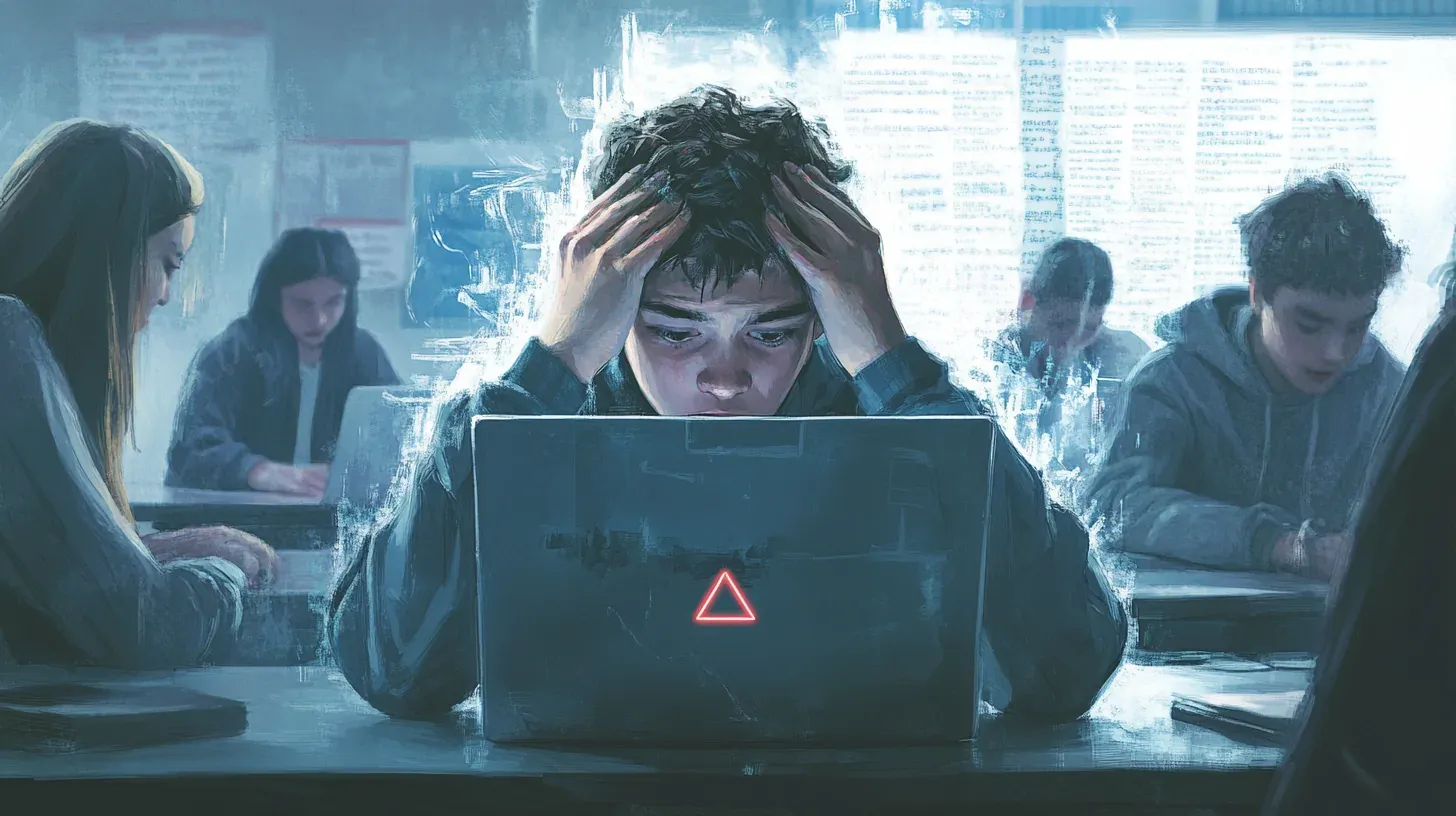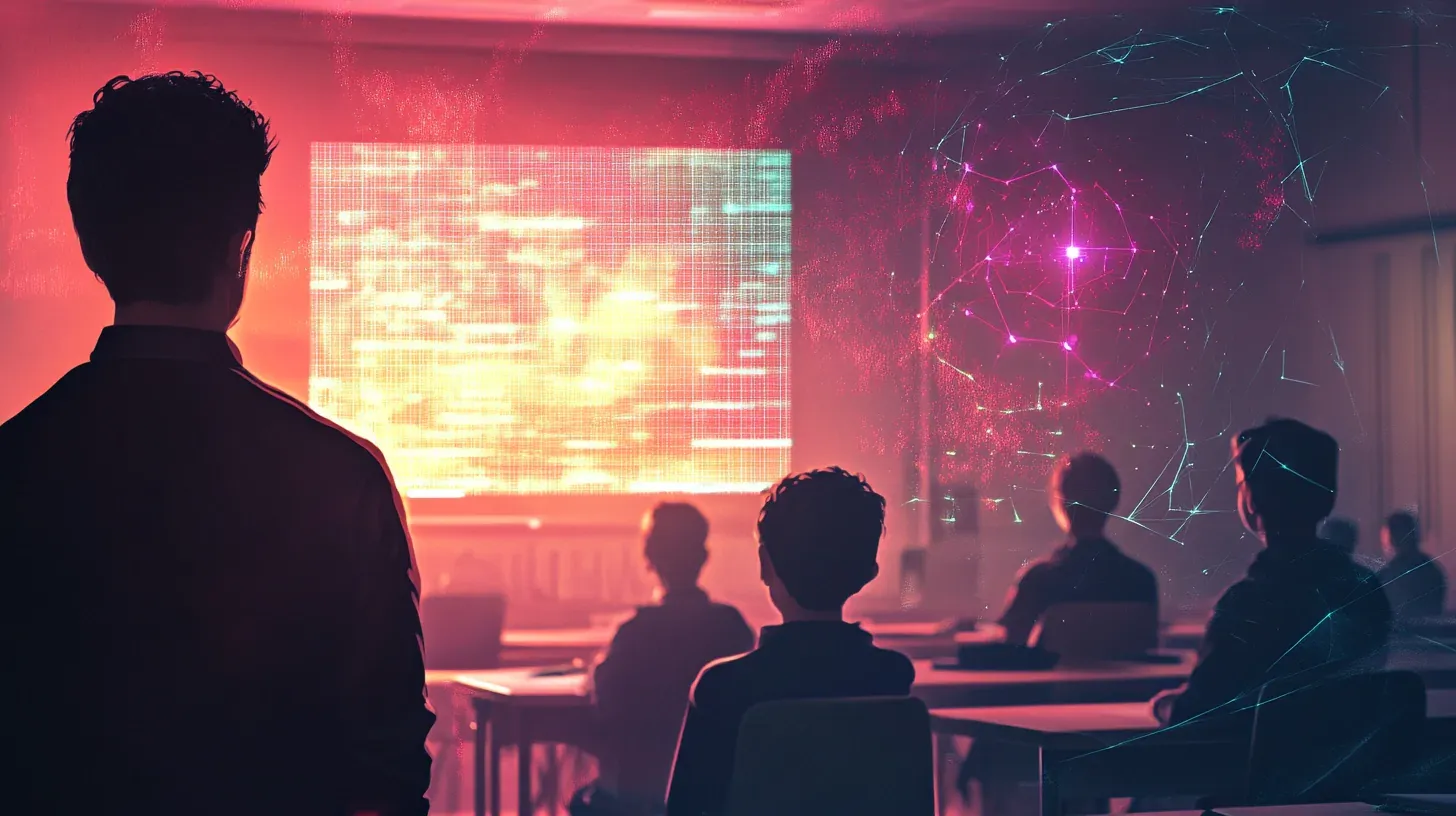In this week's newsletter, we have given a lot of space to books since a lot of interesting literature on artificial intelligence and education has been published. Therefore, at the end of our newsletter, we list some good books with a short description.
Last week, it emerged that Apple has postponed its Apple Intelligence in Europe due to challenges with DMA. Therefore, Danish Mac users must wait for several functions presented at Apple's developer conference.
Anthropic released Claude 3.5 Sonnet, outperforming competing models such as ChatGPT and Gemini. Claude 3.5 Sonnet works better in some areas than ChatGPT, but the model cannot retrieve updated information online.
Luma Labs released their Dream Machine for anyone to try generating videos in text-to-video and image-to-video. We have tested the Dream Machine and shown a few examples. Sometimes, the videos don't turn out well, and we've also rounded up a few of the weirder ones.
In a new study, the researchers examined how students use ChatGPT and other digital tools for written work. The tools increase efficiency and reduce stress but raise concerns about plagiarism and student learning abilities.
At Viden.AI, we more or less go on summer vacation, but if something wild happens, we'll probably send out a newsletter or two over the summer. Otherwise, we will return at the beginning of August.
Apple Intelligence postponed in the EU
Last week, Apple announced several new AI features for its macOS and iOS. Still, Apple Intelligence and some other features will be unavailable in Europe due to the Digital Markets Act (DMA). In an announcement from Apple, the interoperability requirements of DMA will force them to compromise on user privacy and data security.
Interoperability is the ability of the digital content or digital service to work with hardware or software that differs from that with which digital content or digital services of the same type are normally used.
It is not clear when these features will be available in the EU.


Anthropic releases advanced AI model: Claude 3.5 Sonnet
Anthropic has introduced Claude 3.5 Sonnet, a new and improved language model. According to Anthropic, the new model sets new standards for artificial intelligence and surpasses competing models in some areas, such as OpenAI's GPT-4 and Google's Gemini.
- Improved understanding of nuance, humor, and complex instructions.
- Advanced coding skills with the ability to write, edit, and run code.
- Ability to handle complex tasks such as multi-step workflows.
- Ability to analyze images and graphs as well as transcribe text from images.
- Claude 3.5 Sonnet can handle large amounts of information, about 300 pages of text (200,000 tokens), whereas ChatGPT-4 is believed to handle about 120 pages of text (32,000 tokens).
One of the more interesting features is that Claude 3.5 Sonnet supports multi-language processing, making it possible to translate between languages in real-time. For example, you can ask the language model to translate from Danish to French and then to German.
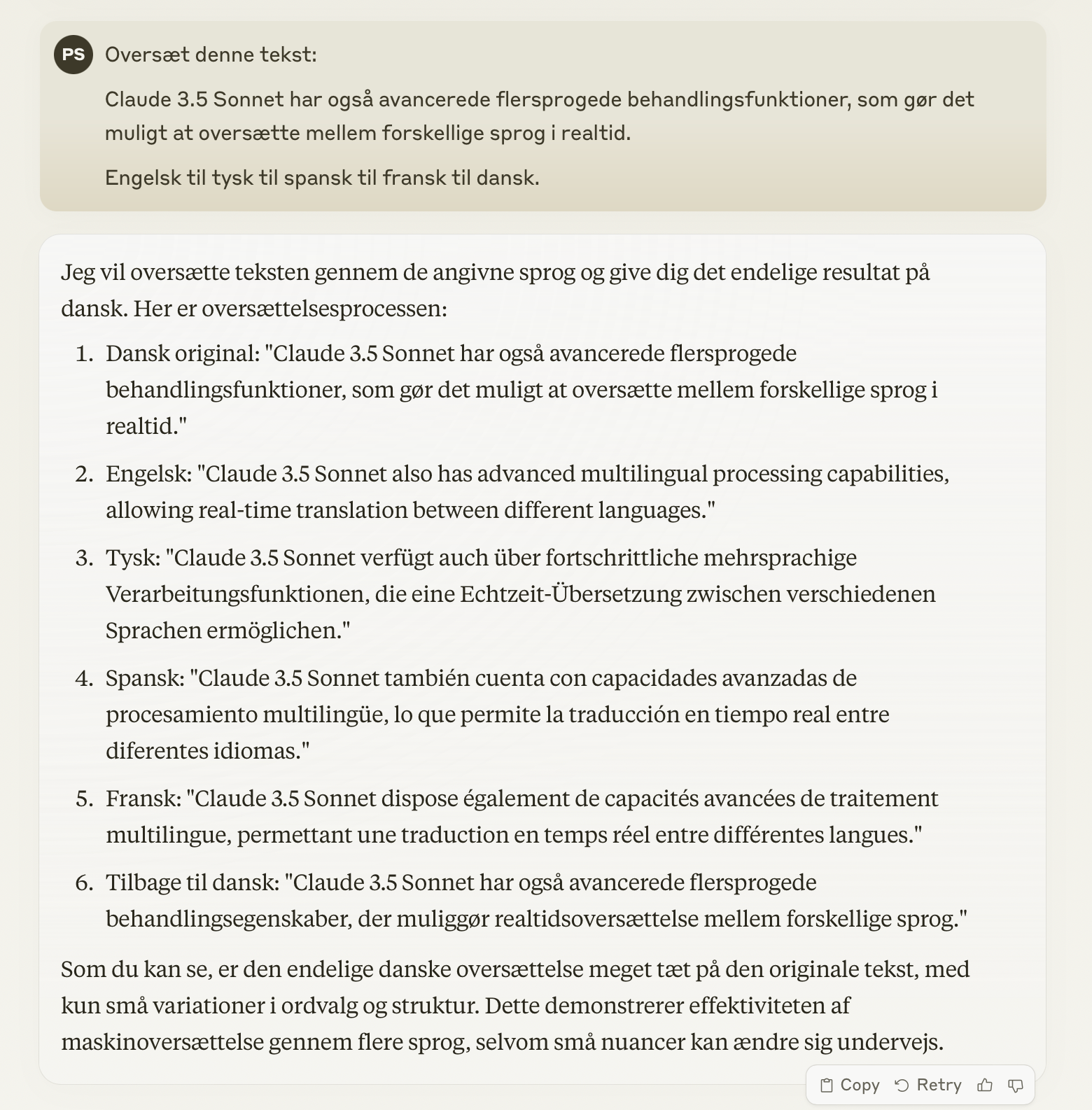
Anthropic was founded in 2021 by former employees of OpenAI and is supported, among others, by Google (approx. DKK 14 billion) and Amazon (approx. DKK 27 billion).
Read more here:
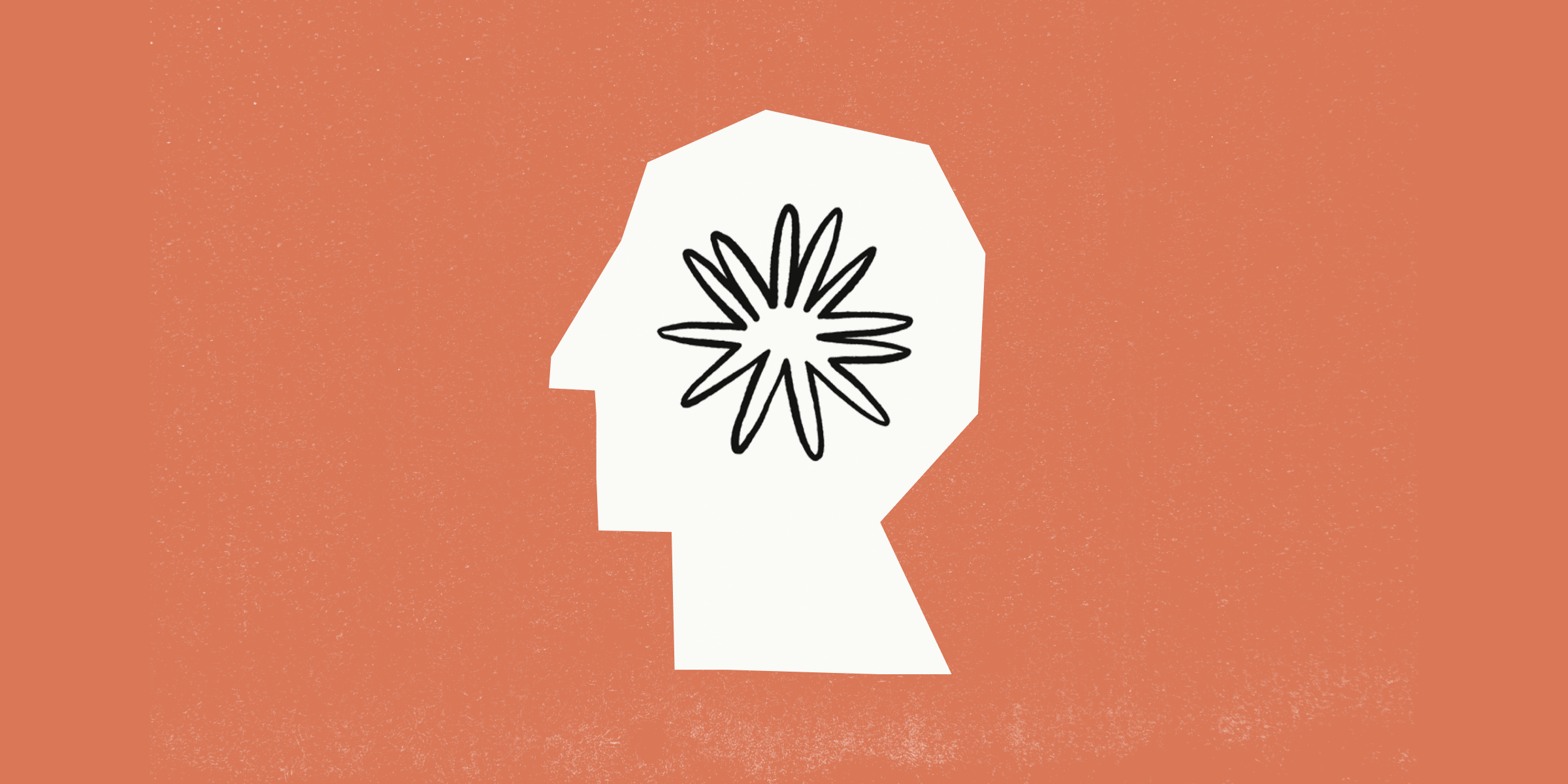


Luma Labs launches Dream Machine
Luma Labs, an AI startup based in San Francisco, recently launched a Dream Machine tool to generate text and image videos. Below, we have played a little with the paid version, which allows you to remove the watermark, use the tool commercially, and get ahead of the queue.
Below, we use the picture-to-video function and ask Dream Machine to make a video from P.S. Krøyer's painting “St. Hansblus on Skagen Beach.” Subsequently, we generated the sound via Elevenlabs.
"Skt. Hansblus på Skagen Strand" painted in 1906 by P.S. Krøyer. The painting hangs in the Skagen Museum. First test. Prompt: move the camera tracking alongside the people in a smooth side-angle motion
"Skt. Hansblus på Skagen Strand" painted in 1906 by P.S. Krøyer. Prompt: zoom in
Prompt: A teddy bear in sunglasses playing electric guitar, dancing and headbanging in the Denmark in front a danish flag.
Prompt: Danish footballer wins UEFA Euro 2024
Used an AI-generated image of Donald Trump being arrested in New York. Prompt: arrest
You can test Dream Machine on their website, but their servers are often overloaded, and you must create an account.

ChatGPT in education: Student expectations and challenges
Researchers have conducted a new study that sheds light on students' use of ChatGPT and other digital tools to aid their written work.
Through interviews and observations with 23 students from different countries, it is revealed that they use various tools, including grammar checkers, paraphrasing, and translation tools. ChatGPT is used to understand complex topics, summarize and structure texts, overcome writing blocks, and for grammar checks.
These tools offer several benefits, including higher efficiency and lower stress levels. However, they also raise concerns about the reliability of the information, the risk of plagiarism, and the potential impact of technology on the student's ability to learn and work independently with written assignments.
To assess the students' competencies in using AI, the researchers propose a model for generative AI literacy. This model includes the ability to critically evaluate AI-generated content, safe use of the technology, and reflection on its social consequences. In the survey, students also desired more guidance from their institutions on using AI tools ethically and effectively.
Read the full study below:
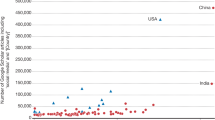
News of the week
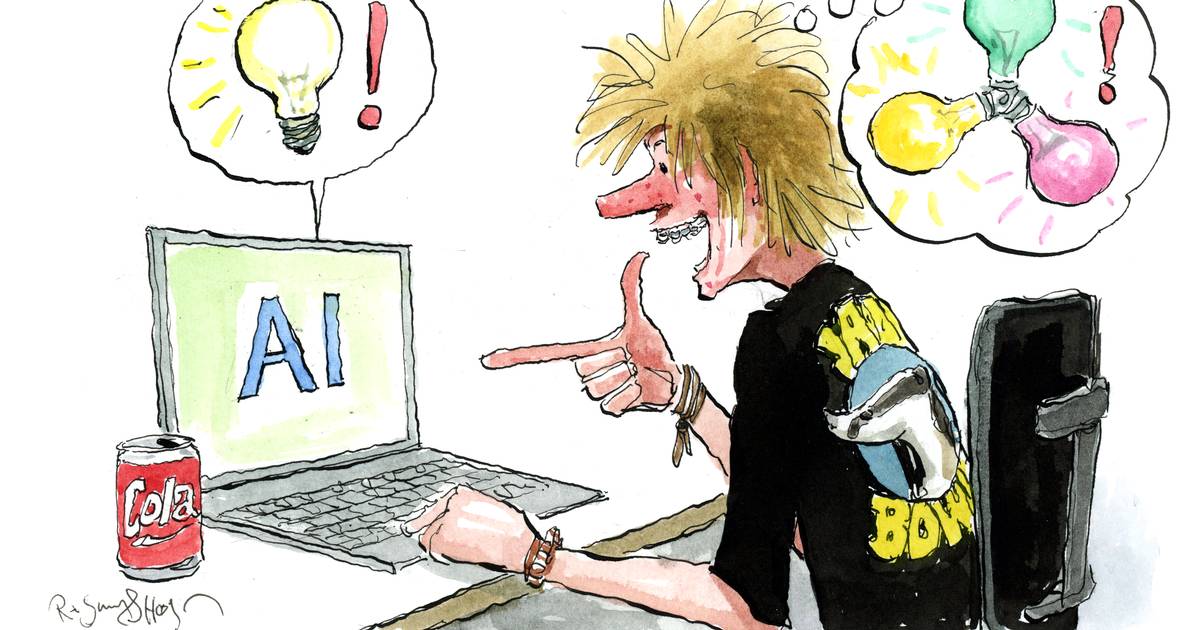
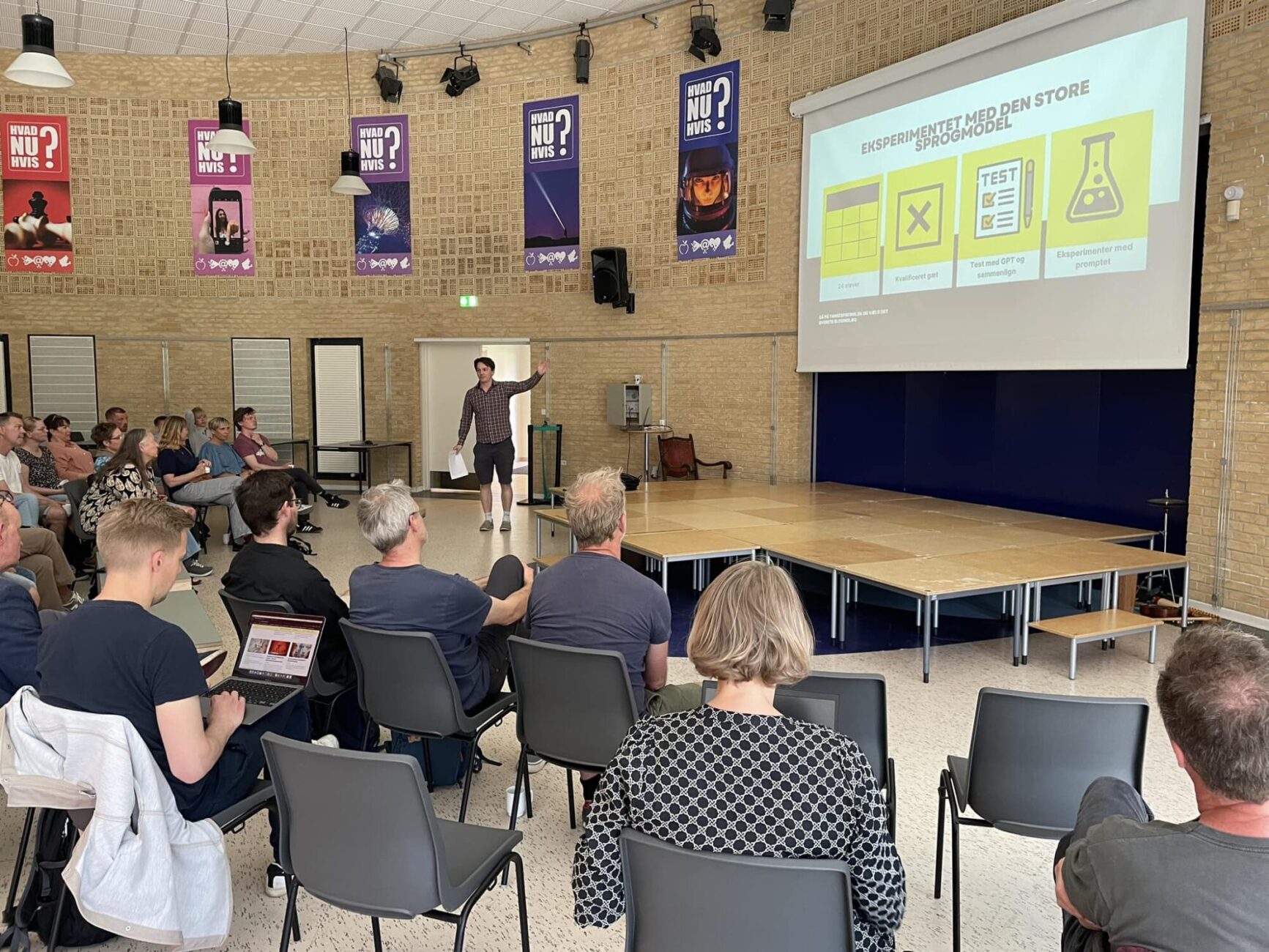
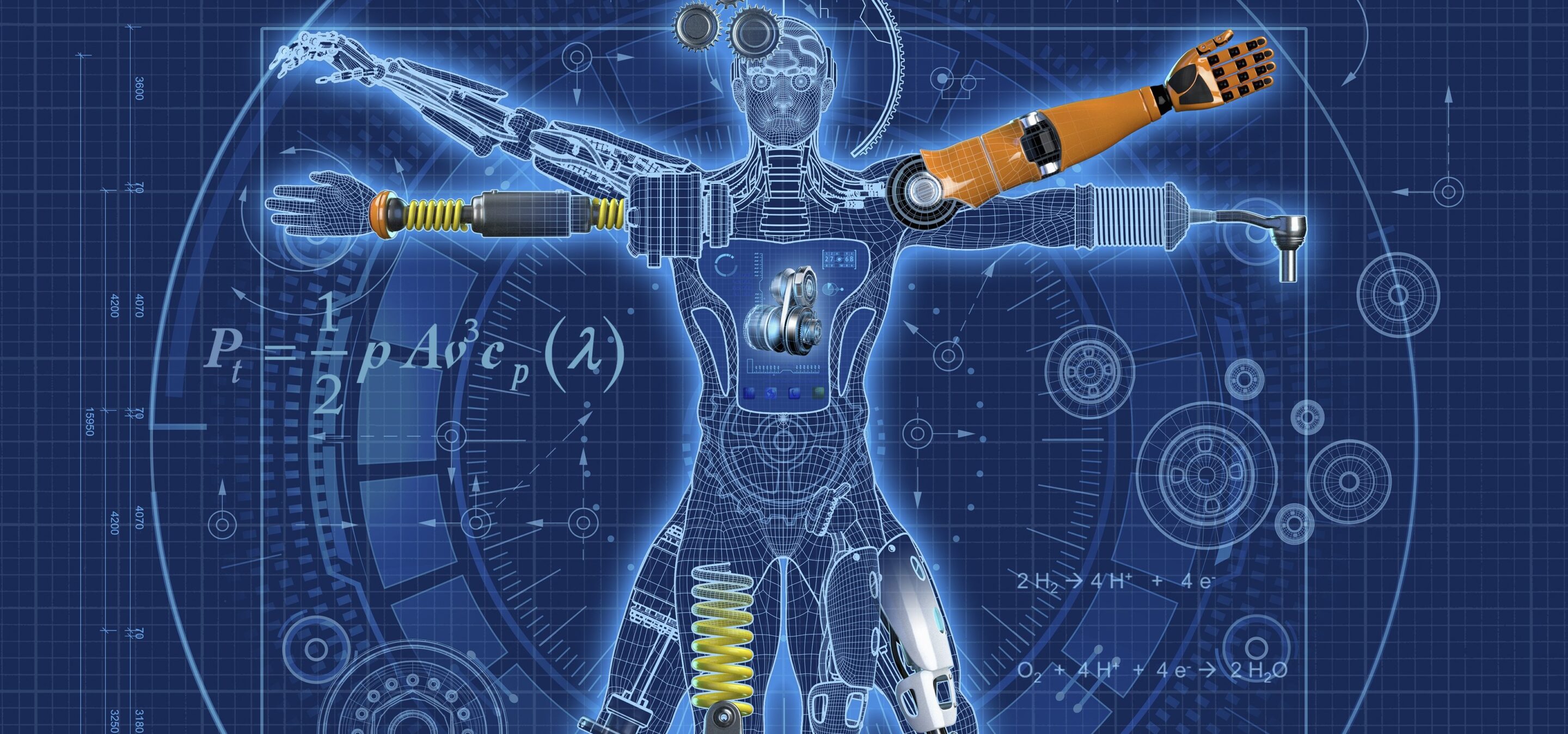


Good books about AI and education for the holidays
Below, we collected several books we read ourselves or have read to gain more knowledge about artificial intelligence in education.
We buy many books, but it can be a little weary that some are written by the author and ChatGPT. Of course, this should not judge a book completely, but we are not ready for this collaboration ourselves 🤷🏻♂️
Below each book, we link to a store where it can be purchased, but we have not investigated where it is on sale, and we do not make money from the referrals. If there are books we have overlooked, you are welcome to write to us at [email protected].
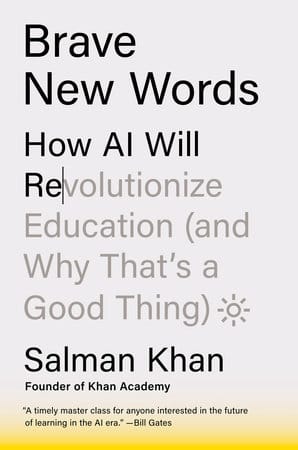
Brave New Words
How AI Will Revolutionize Education (and Why That’s a Good Thing)
By Salman Khan - Publication date: 14-05-2024
Salman Khan, founder of Khan Academy, writes about how artificial intelligence and GPT technology will transform education. Khan explains how AI can personalize learning, customize assessments, and provide support in the classroom. He also discusses the ethical and social implications of AI and GPT and how we can use these tools to build a more accessible education system.
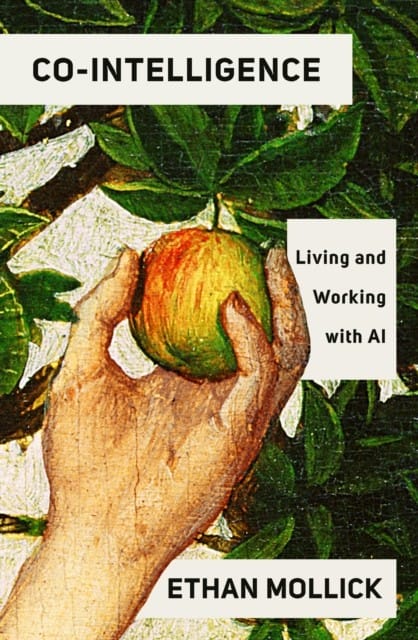
Co-Intelligence: Living and Working with AI
By: Ethan Mollick - Publication date: 02-04-2024
Ethan Mollick is one of the most critical voices in artificial intelligence and education, and his book is about how humans and AI can work together effectively. It covers co-intelligence, where human and artificial intelligence work together to achieve better results.
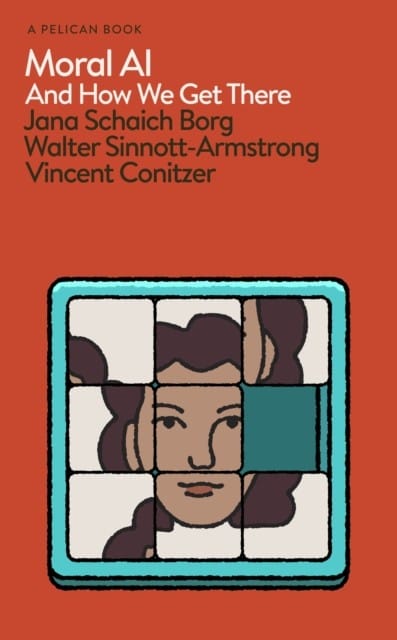
Moral AI: And How We Get There
By Jana Schaich Borg, Walter Sinnott-Armstrong, Vincent Conitzer - Publication date: 08-02-2024
Moral AI explores the ethical aspects of AI and how we can develop morally responsible AI systems. It discusses different approaches to integrating ethics into AI development.
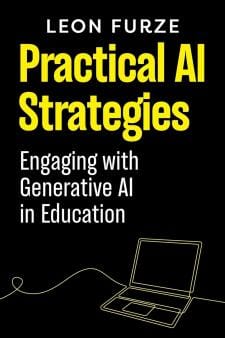
Practical AI Strategies
Af Leon Furze - Publication date: 31-01-2024
The book is a comprehensive guide to understanding and applying generative artificial intelligence in education. Divided into six parts, the book covers the construction and ethics of AI technologies, navigates policy landscapes, and offers practical strategies for using these technologies in education.







